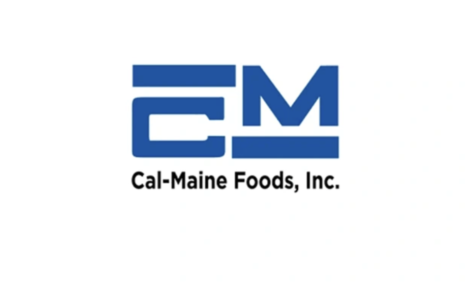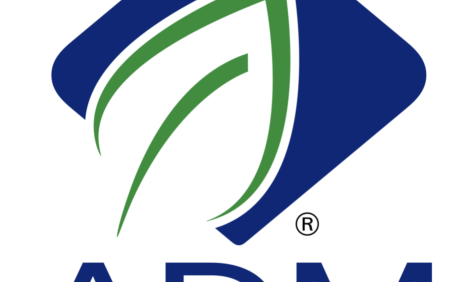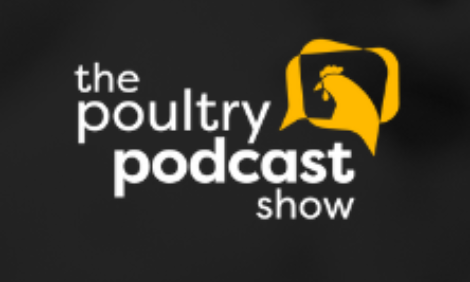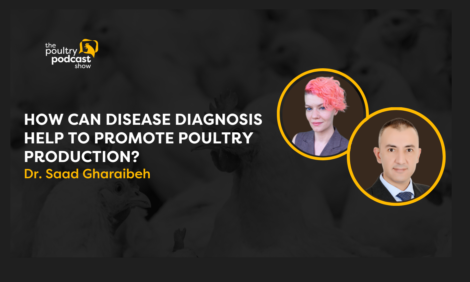



Lessons learned on health challenges in small flock poultry
The Poultry Podcast ShowPart of Series:
< Previous Article in Series Next Article in Series >
There are many differences between backyard poultry operations and commercial poultry systems. Backyard poultry can include pets as well as animals as a food source – such as eggs – and diseases can be introduced into the flock in many ways that are unnoticed by the owner. And besides, it’s often a challenge for backyard growers to recognize and associate different clinical signs with different diseases. Consequently, a good poultry diagnostician working in that sector must educate their customers and promote small flock health and preventive care. In today’s episode, Dr. Karen Grogan has a great conversation with Dr. Hailey Quercia about some of her findings on health challenges in small flocks. Dr. Quercia also shares her experience as Laboratory Director and Avian Diagnostician at the Harrisonburg Regional Animal Health Laboratory (Virginia Department of Agriculture and Consumer Services).
Even if you have an entire library of tests but you’re not sure what to pursue and what would be effective, it can be a waste of clients’ money.” - Dr. Hailey Quercia
𝗪𝗵𝗮𝘁 𝘆𝗼𝘂 𝘄𝗶𝗹𝗹 𝗹𝗲𝗮𝗿𝗻:
1. Introduction (0:00)
2. Health challenges in small flock throughout the years (4:00)
3. Recognizing Marek's disease in small flocks (6:35)
4. Services for backyard owners in Virginia (09:23)
5. Working at an animal health laboratory (10:40)
6. Improvements on backyard flock medicine (12:52)
7. Interesting cases (16:36)
8. Key aspects on small flock nutrition (19:43)
9. Antibiotic usage (21:59)
10. Mentoring students (25:25)
11. Questions (28:08)
𝗠𝗲𝗲𝘁 𝘁𝗵𝗲 𝗴𝘂𝗲𝘀𝘁: Dr. Hailey Quercia’s interest in poultry began when raising chickens, ducks, and geese, which also piqued her interest in population level animal health. It was only after shadowing a mixed animal practitioner that she realized there were veterinary careers that focus on population medicine, and she decided to become a large animal veterinarian. After receiving her DVM from the Cornell University College of Veterinary Medicine, she was undecided on whether to focus on dairy, poultry, or pathology, but finally chose to become a poultry diagnostician. She thus earned a Master’s on and did a residency in avian pathology at Auburn University, subsequently accepting the position of Laboratory Director and Avian Diagnostician at the Harrisonburg Regional Animal Health Laboratory (Virginia Department of Agriculture and Consumer Services).











